We are proud to announce the 2023–2024 cohort of Barbour Scholars. Established by Levi Barbour in 1917, the Barbour Scholarship supports women from Asia and the Middle East who have come to the University of Michigan in pursuit of an advanced degree. This year’s cohort marks 106 years of academic excellence across a breadth of disciplines, and we are excited to welcome them to a global community of women leaders.
Rackham Graduate School welcomes the following students into the prestigious Barbour community:

Yuchen Chen
Ph.D. Candidate, Communication and Media
My Work
My dissertation is a multi-sited ethnography that traces the socio-technical production of “Chinese alienness” in the ongoing U.S.-China geopolitical flux. Specifically, I look at how Chinese immigrants’ relationships to housing, property, and real estate in New York City are increasingly mediated by digital technologies and transnational media platforms. I trace the multi-faceted transnational and socio-technical conditions and brokering practices giving rise to the geographies of Chinese alienness and its consequences on racializing the Chinese aliens and displacing marginalized communities in local neighborhoods in New York City.
The Impact of the Barbour Scholarship
The Barbour Scholarship will enable me to have some self-indulgent time for reading and writing for my dissertation, releasing me from other responsibilities and granting me financial stability. It is, by all means, a great recognition from this prestigious scholarship that has been supporting female scholars from Asia and the Middle East. This keeps me going.
Future Plans
Ideally, I hope to be in a research environment and study the relations between technology and our societies. Regardless of what industry I will be in, I hope to carry on the critical, feminist sensibilities of care in my future practices.
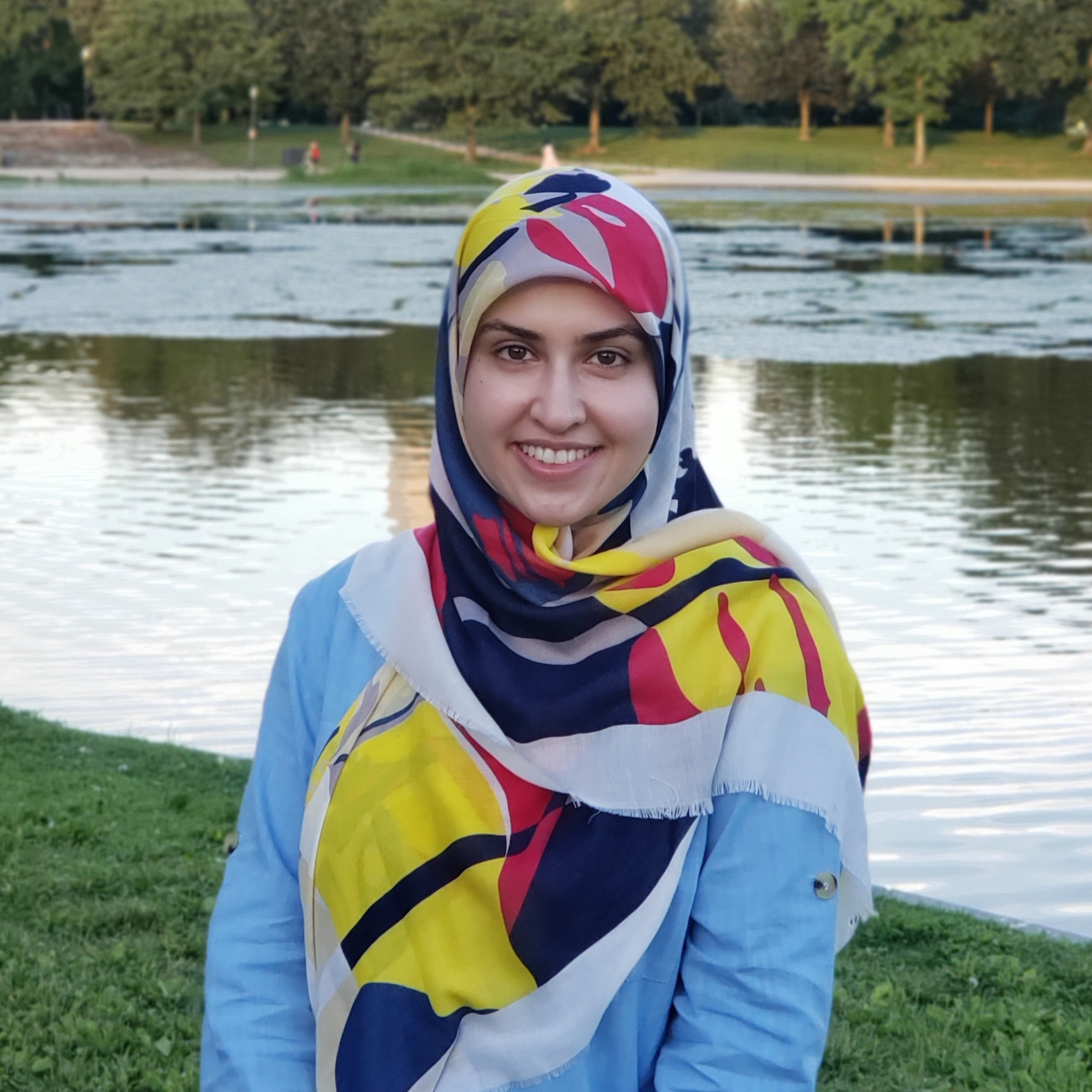
Bahareh Hadidian
Ph.D. Candidate, Electrical and Computer Engineering
My Work
With the advances in semiconductor technology, there is a great potential for building solid-state ultra-wideband systems for communication and sensing in mm-wave and THz frequency bands. The primary aim of my research is to develop energy-efficient integrated circuits that pave the way for high speed communication and high- resolution imaging systems. To this end, I have been working on the development of a high speed, energy efficient, fully integrated wireless transmitter (TX) array; an ultrawideband, self-referenced frequency stabilization technique suitable for high range resolution imaging; and a technique to generate ultra short pulses.
The Impact of the Barbour Scholarship
The scholarship will help me focus only on my recent research and experiments for publishing in journals. It also helps me to prepare my thesis for the final defense.
Future Plans
I would like to expand and develop a full system using my Ph.D. research. I also would like to join different teams to gain experience and interchange knowledge.
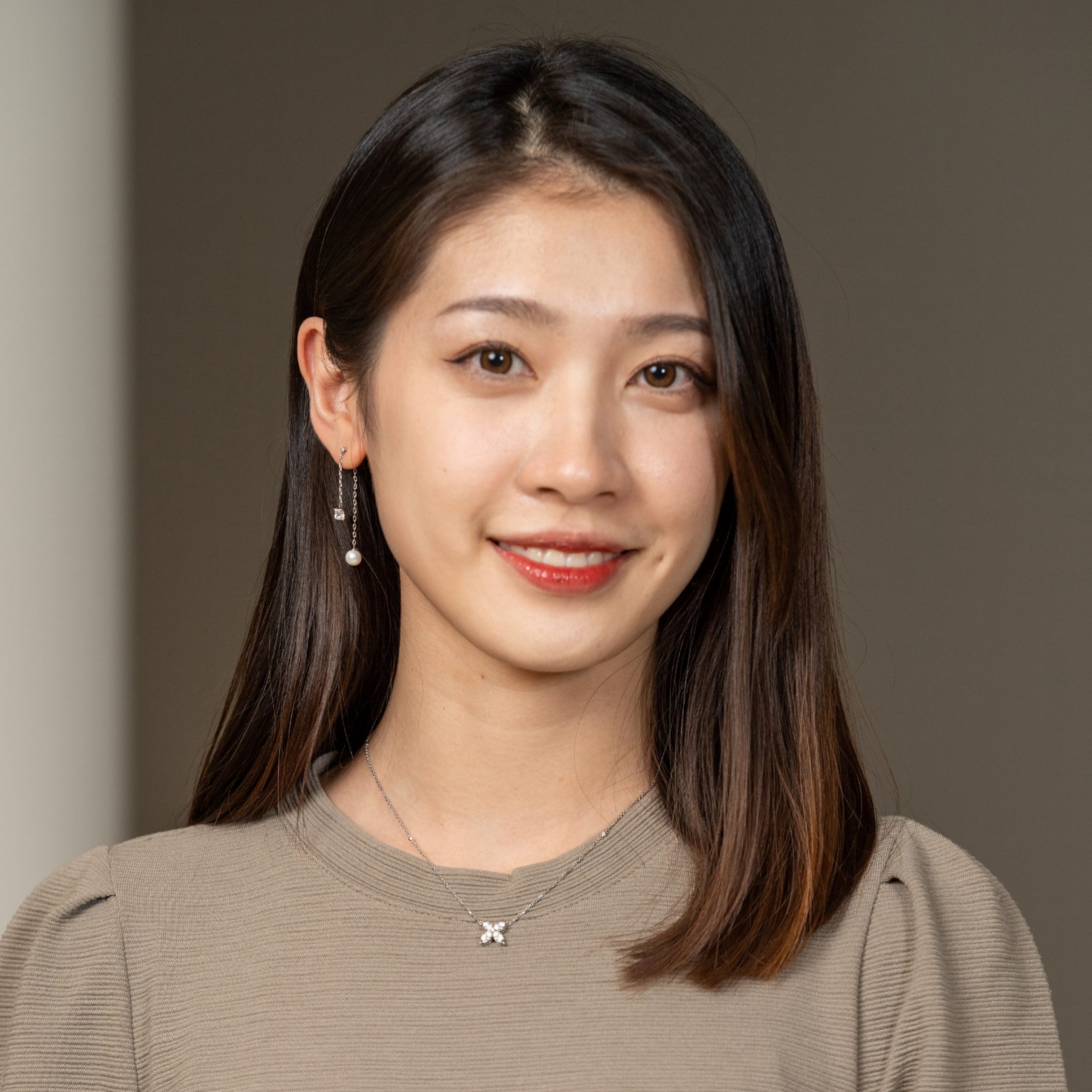
Jinghan Liu
Ph.D. Candidate, Medicinal Chemistry
My Work
Inhibition of cytochrome P450 (CYP) 8B1 and CYP27A1 are two validated but unrealized approaches to treating nonalcoholic fatty liver disease (NAFLD) and type 2 diabetes or breast cancer, respectively. CYP3A7, is important in fetal development and drug clearance in premature infants. The structure/function strategy employed herein is defining atomic-level interactions between these three human P450 enzymes and relevant substrates and inhibitors. This information will advance the development of CYP8B1 and CYP27A1 selective inhibitors, which will be helpful in the design of new therapeutic methods for these human diseases. The corresponding information for CYP3A7 will help predict variable drug clearance and make safer drug dosing guidelines for newborns.
The Impact of the Barbour Scholarship
I am in the final year of my Ph.D. program. This scholarship will enhance my resume and make me a more competitive candidate in job applications. It also recognizes my research achievements and increases my confidence in my knowledge, my skills, and my ability to pursue my career.
Future Plans
After graduation, I plan to work in a pharmaceutical company in the U.S. for a couple of years. Afterward, I will return to China to work in a research and development position in industry. I will use my knowledge and work experiences to support the long-term development of the pharmaceutical industry in China and to conduct more focused research on specific issues faced in China or medical research geared towards our population’s genetics which are missed in current clinical trials.
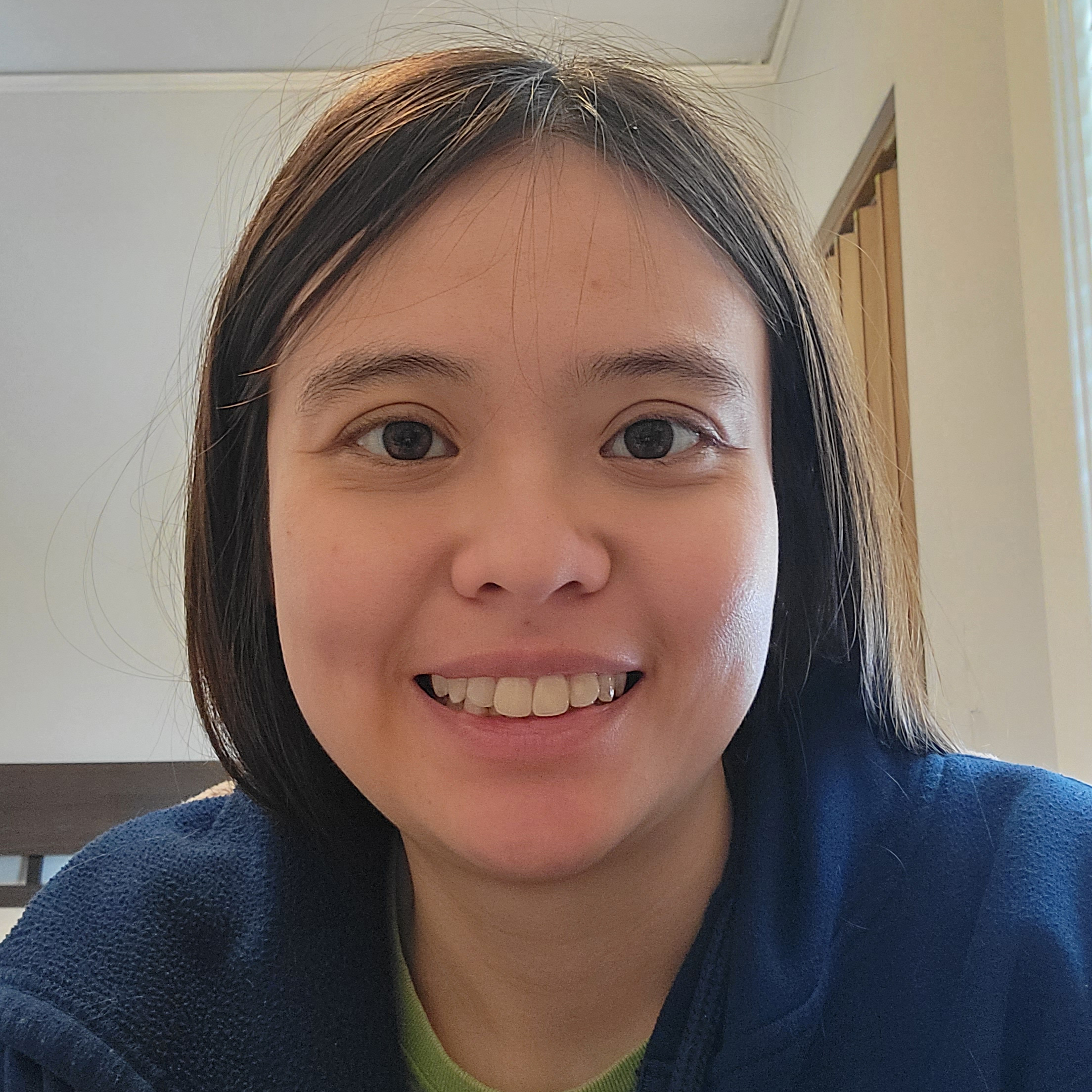
Jing Ci Neo
Ph.D. Candidate, Earth and Environmental Science
My Work
Earthquakes generate seismic waves that cause great destruction and loss of human life. Understanding their behavior can help us create more accurate earthquake forecasting models to estimate earthquake hazards. In my dissertation, I develop novel computational methods to characterize various aspects of large earthquakes, such as the areas where aftershocks occur, how earthquake ruptures propagate, and the structure of fault zones. By revealing the nature of earthquake behavior and the fault zones where they occur, my work advances our understanding of earthquake physics. My thesis aims to provide a framework for modeling, inferring, and explaining earthquake behavior to help us better evaluate seismic hazards.
The Impact of the Barbour Scholarship
The Barbour Scholarship will help support my research in my final year at U-M. With the Barbour scholarship, I can spend more time on my research and work towards my career goals.
Future Plans
I would like to apply my data analysis and coding skills in my future career. I plan to look for geophysical data science/research jobs in the U.S. and Singapore.
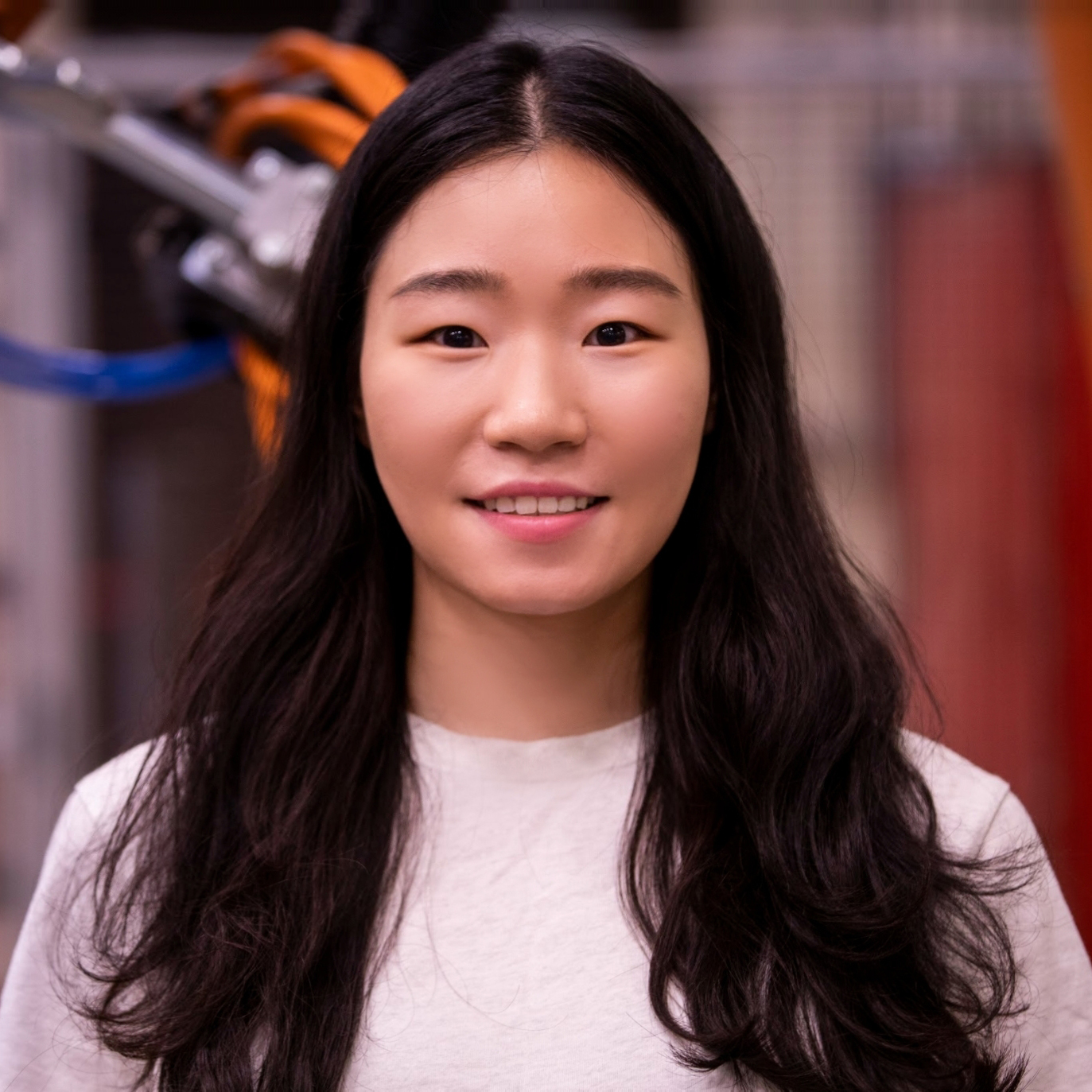
Somin Park
Ph.D. Candidate, Civil Engineering
My Work
Human-Robot Collaboration (HRC) has the potential to solve issues of low productivity, high physical demands on workers, and labor shortages that the construction industry faces. Communication between teammates in HRC is essential since construction work crews have many degrees of freedom in organizing workspace in dynamic and unpredictable environments. Natural interaction enables workers to easily interact with robots and utilize their skills to the fullest, resulting in enhanced productivity. In my research natural interaction-based methods for HRC in construction is proposed to enable workers to readily interact with robots, leading to higher quality and improved mutual safety. In the developed technical approach, human operators can interact with robots using speech and hand gestures akin to human-to-human communication. The joint analyses yield final commands for robots along with project information from its digital twin.
The Impact of the Barbour Scholarship
The financial support provided by the scholarship will allow me to focus on my doctoral studies and dedicate more time to conducting experiments and publishing research papers. Moreover, the recognition that comes with receiving the scholarship will serve as a source of motivation and encouragement, inspiring me to continue research and make meaningful contributions to the field.
Future Plans
Upon completion of my degree, I am passionate about pursuing a career in academia, with a focus on research for automation in construction. My ultimate goal is to become a faculty member, where I can conduct cutting-edge research, teach and mentor students, and contribute to the advancement of the field.
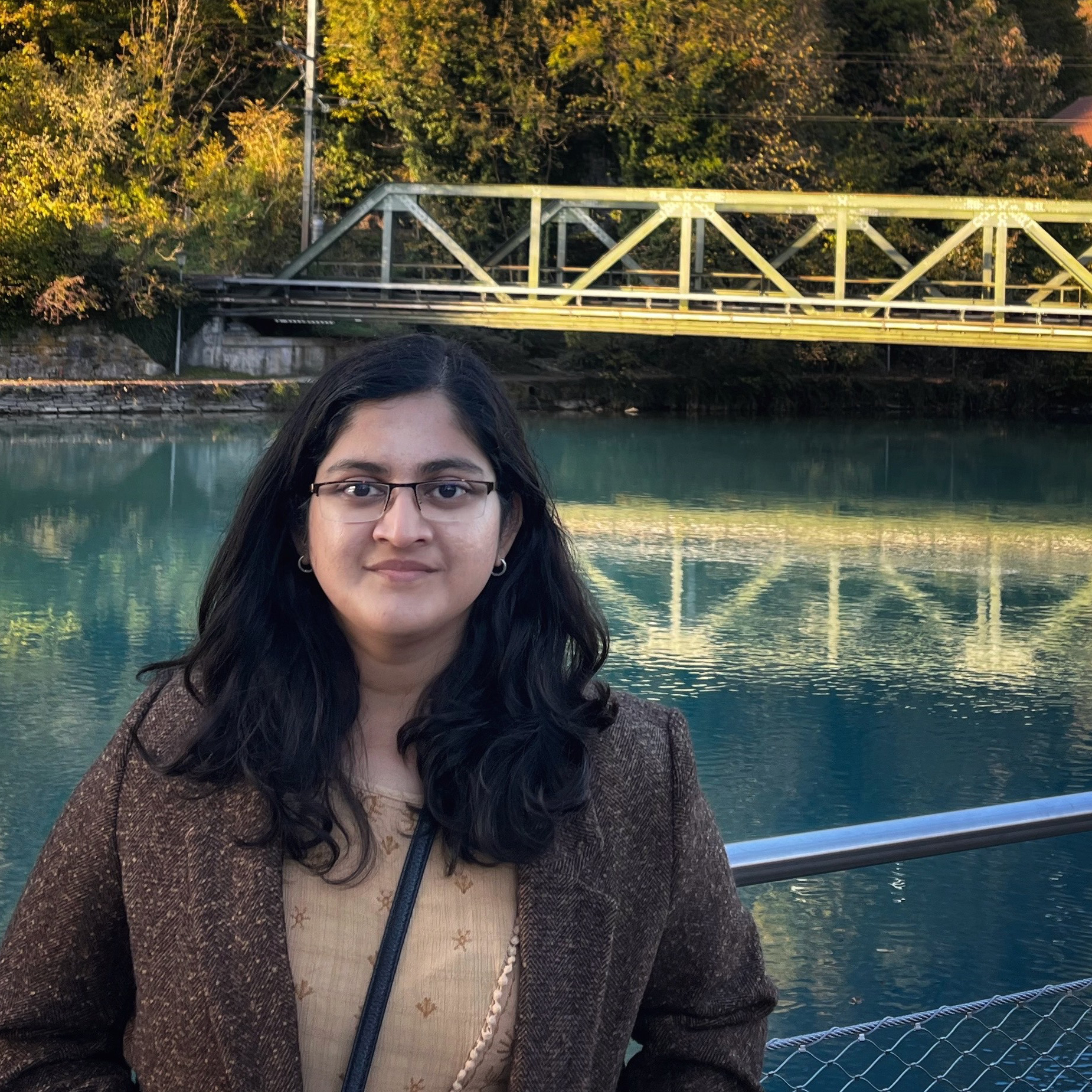
Reethika Ramesh
Ph.D. Candidate, Computer Science and Engineering
My Work
Users face security and privacy threats from governments, service providers, and advertisers whose capabilities have grown manifold in recent years with the commoditization of filtering technologies. My investigations into emerging censorship techniques fueled by such technologies in Russia proved they were a prime exemplar of these issues. Subsequently, users have started to turn to privacy-enhancing technologies such as VPNs as a panacea for such concerns. But despite being a multibillion-dollar industry, the VPN ecosystem remains severely understudied.
My team and I created the VPNalyzer project to bring rigor to the technical investigation of the VPN products and conduct empirical studies of the users and VPN providers. We built a multi-platform desktop tool with a test-suite of 15 measurements, and using this tool found several key implementation shortcomings including DNS/IPv6 leaks, and data leaks during tunnel-failure. In parallel, I conducted a multi-perspective study that included a survey of 1,200 VPN users and nine providers and augmented the two to answer fundamental questions about the VPN ecosystem and put forward actionable recommendations for improving and securing it. My work has been covered in over 90 global news outlets, and cited by elected officials urging the FTC to enforce oversight.
The Impact of the Barbour Scholarship
Creating real-world impact, bringing my research to the hands of users, and effectively communicating our results to the community form the core of my research principles. The Barbour Scholarship grants me the opportunity to use the upcoming year to expand the impact of my work, and focus on the final piece of my dissertation.
Future Plans
I plan to continue my research in creating tools for systematic, automated investigations of existing privacy-enhancing technologies, and to work towards the improvement and development of the next-generation of privacy-enhancing technologies in academia, or in research in the industry.

Shuangcheng Alivia Wu
Ph.D. Candidate, Molecular & Integrative Physiology
My Work
My doctoral research explores the (patho-)physiological importance of cellular mechanisms that maintain protein homeostasis in the organelle, endoplasmic reticulum (ER). Specifically, I have examined the roles and the crosstalk between two principal protein quality control pathways, ER-associated degradation (ERAD) and autophagy, in the biogenesis of the key enzyme required for systemic lipid clearance known as lipoprotein lipase (LPL). The importance of my doctoral project lies in that 1) it explores the fundamental biology of cellular mechanisms controlling ER homeostasis under a physiological setting, and 2) it reveals a novel mechanism underlying the folding and maturation of nascent LPL and hence systemic lipid metabolism. My findings have provided therapeutic insights into the pathogenesis of hyperlipidemia, a major risk factor for heart disease, diabetes and other metabolic disorders.
The Impact of the Barbour Scholarship
I am very proud and grateful to become a Barbour Scholar. It will not only provide me with critical financial support and confidence to successfully transition into the next stage of my career, but it also inspires me to become the best version of myself, someone who can make positive impacts on the community, just like other Barbour Scholars.
Future Plans
In the future, I aspire to pursue a research career that aims to improve human health and quality of life. In addition to research, I want to devote myself to the science education of young students and provide them a platform to know, love, and pursue science if they wish.
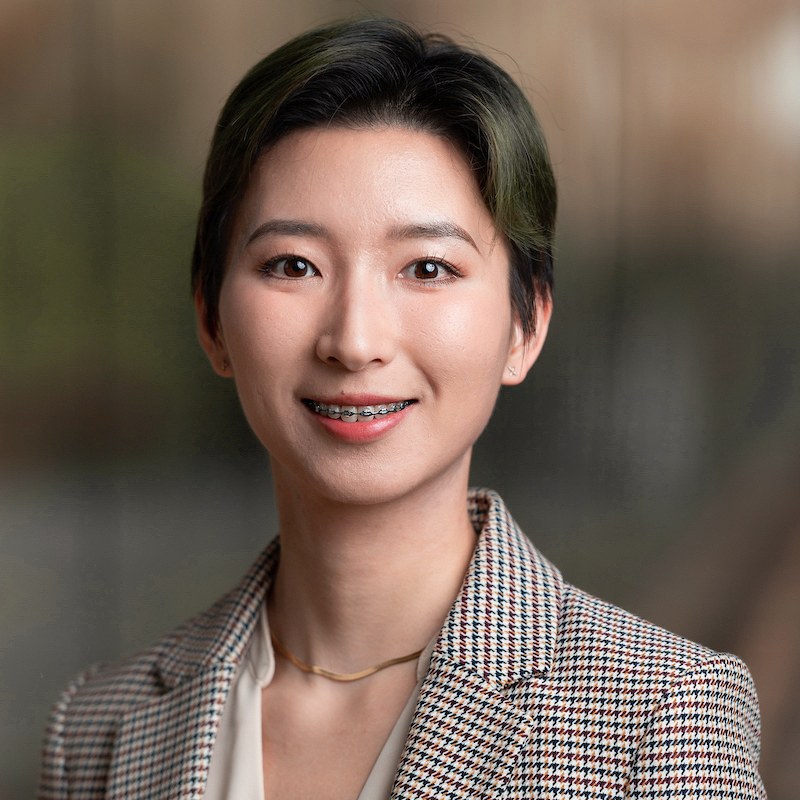
Wen Zhou
Ph.D. Candidate, Civil Engineering
My Work
3D printing “metal-like bendable concrete”? Constructing concrete buildings without steel rebars? Knitting concrete like it is a woolen yarn? Sounds like fantasies but could be real. Transforming the impossible in traditional civil engineering into reality in the future is what I do. My research addresses fundamental knowledge gaps and hitherto unresolved critical concerns of the 3D printing of “bendable concrete.” As an advanced additive manufacturing technology, 3D concrete printing revolutionizes traditional construction practices and brings new horizons. While engineered cementitious composites (ECC), also known as “bendable concrete”, can be “stretched” or “flexed” without steel reinforcement, preventing structures from catastrophic failure. An effective combination of the two enables future 3D printing to reach the full potential of this new construction technology.
The Impact of the Barbour Scholarship
The Barbour Scholarship will support me in completing the final stage of my Ph.D. study. It is a tremendous opportunity that will allow me to focus on my research and achieve my academic goals. Beyond that, this scholarship has also instilled in me a renewed sense of purpose to inspire and motivate more female scientists to pursue their academic careers.
Future Plans
Upon completing my Ph.D., my aspirations are to continue my pursuit of academic excellence by embarking on a postdoctoral research journey. I am looking forward to making meaningful contributions to the field that has captivated me for so long.

